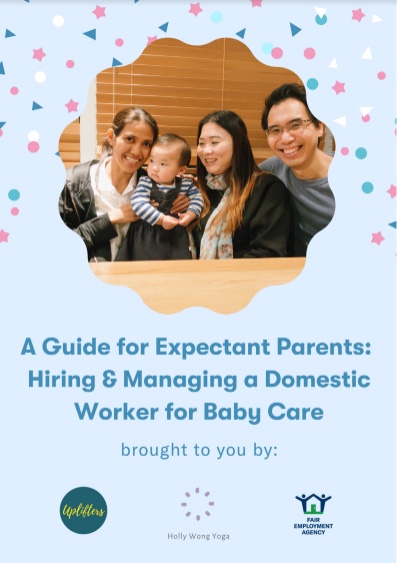How to make better decisions especially financial ones? Everyone makes poor decisions at some point in his life. Sometimes it’s ok to let it go but for important decisions, it’s better to follow a rational approach. Analyze the situation, look for information, compare multiple options, make a decision, have a back-up plan and review regularly.
1. Analyze the situation
Make sure to know what your objectives are. Be aware of your emotions and don’t let them cloud your judgment. For example, if you are considering buying a motorbike to your husband, is it because he really needs it or because you don’t dare to say no?
In this situation, your objectives are to keep a good relationship with your husband AND investing your money wisely. If your objectives are clear, it will help you be more creative and consider more options. For example, you could discuss your financial situation with your husband and decide than instead of a motorbike, you will buy a tuk-tuk/taxi so he can start making some money himself as well.
2. Look for information
Give yourself time to search for neutral information and don’t rely on only one source of information. It’s not because someone is your friend that he knows best.
Look on the internet to search for information. If you plan to buy something, go to different sellers to compare prices and conditions.
If you plan to open a business, look around first and see if there are already of similar businesses. If there are already a lot of similar businesses, the competition may be too harsh but if there is no one it may also indicate that there is no potential market and buyers.
3. Weigh your options
Compare carefully your options. Weigh costs against benefits and risks against rewards. Some investments, for example, seem very good because they can bring a lot of money but maybe the risks are also very high or it actually requires too much time compared with the benefits.
4. Make a decision
You must be willing to make a decision. Don’t let life or others decide for you. If you hesitate a lot, look for additional information if you need it but give you a deadline. For example, give you one month and then make your decision.
5. Have a backup plan
When you make a decision, always take time to think about what you will do if things don’t go as you planned.
For example, if you decide to launch a business, what is your back-up plan if it fails? What will you do if things don’t work out?
6. Review
Review your decisions regularly, when you succeed and when you fail! Have a notebook and for each decision you make, note
- Your objectives and feelings
- The options you considered, their costs and benefits, their risks and rewards
- The one option you chose and why
- Your back up plan
- And later the results and how to improve in the future
Conclusion: ask questions!
To make better decisions, the key is to ask a lot of questions!
- Questions about yourself: what are my objectives, what are my feelings?
- Questions about the options: what are the options available? Costs/benefits? Risks/rewards?
- Questions about the decision: what is my back up plan? What do I do if things don’t work out? What can I do to avoid problems?
- Questions about the results: what worked/did not work in order to improve your future decisions
Now help Gala and Anna make better decisions for their futures and then review your own decisions!
- Gala loves cooking. She wants to open an eatery in her hometown. Which questions should she ask?
- Anna wants to build a house to avoid paying rent. Which questions should she ask?
And then, take your notebook and for your top 2 dreams, write down
- Your objectives and feelings
- The options you considered, their costs and benefits, their risks and rewards
- The one option you chose and why
- Your back up plan
Then share with us! Is the exercise helping you to feel better about your decisions?
Read the correction of the exercise below:
https://uplifters-edu.org/make-better-decisions-anna-correction/

